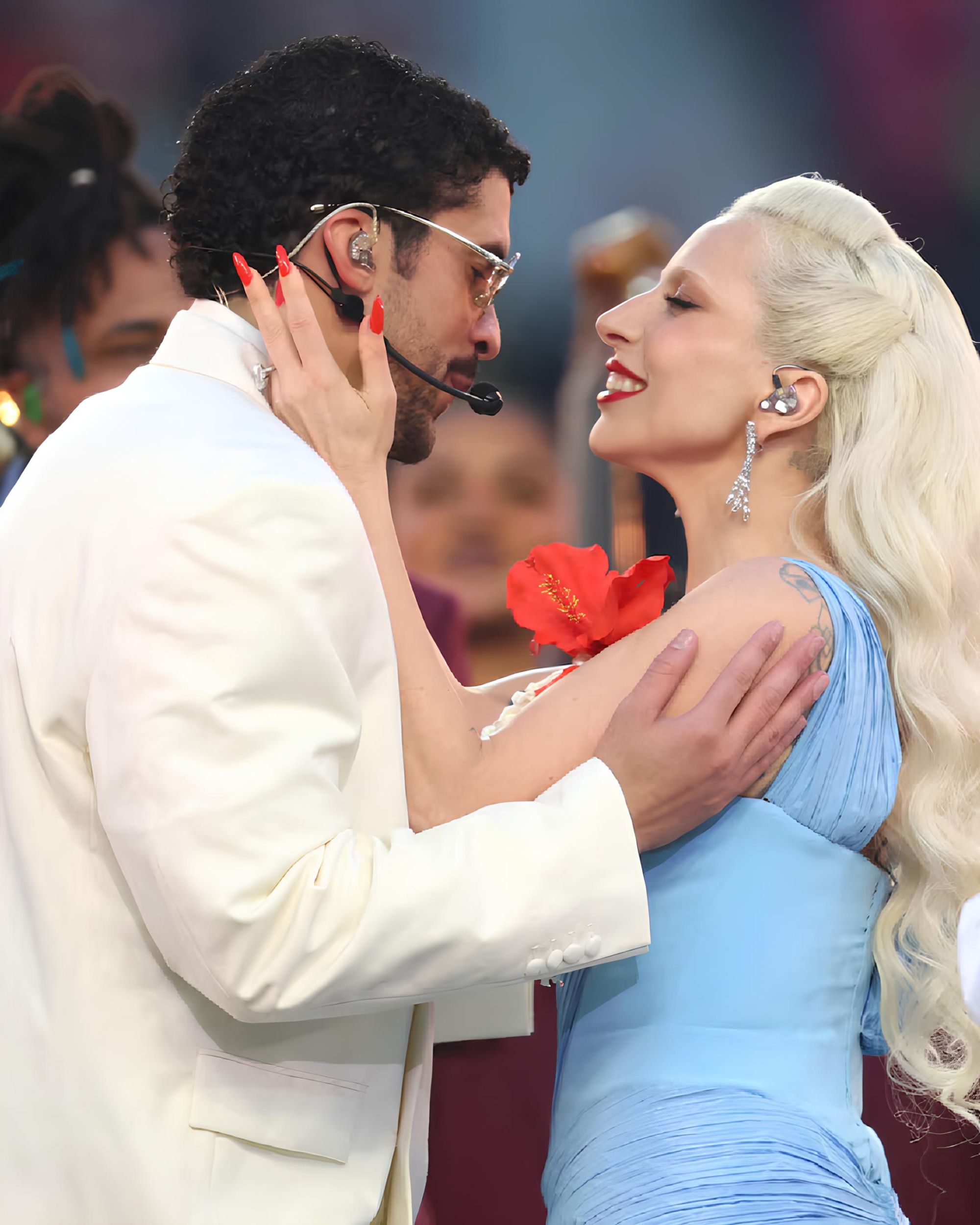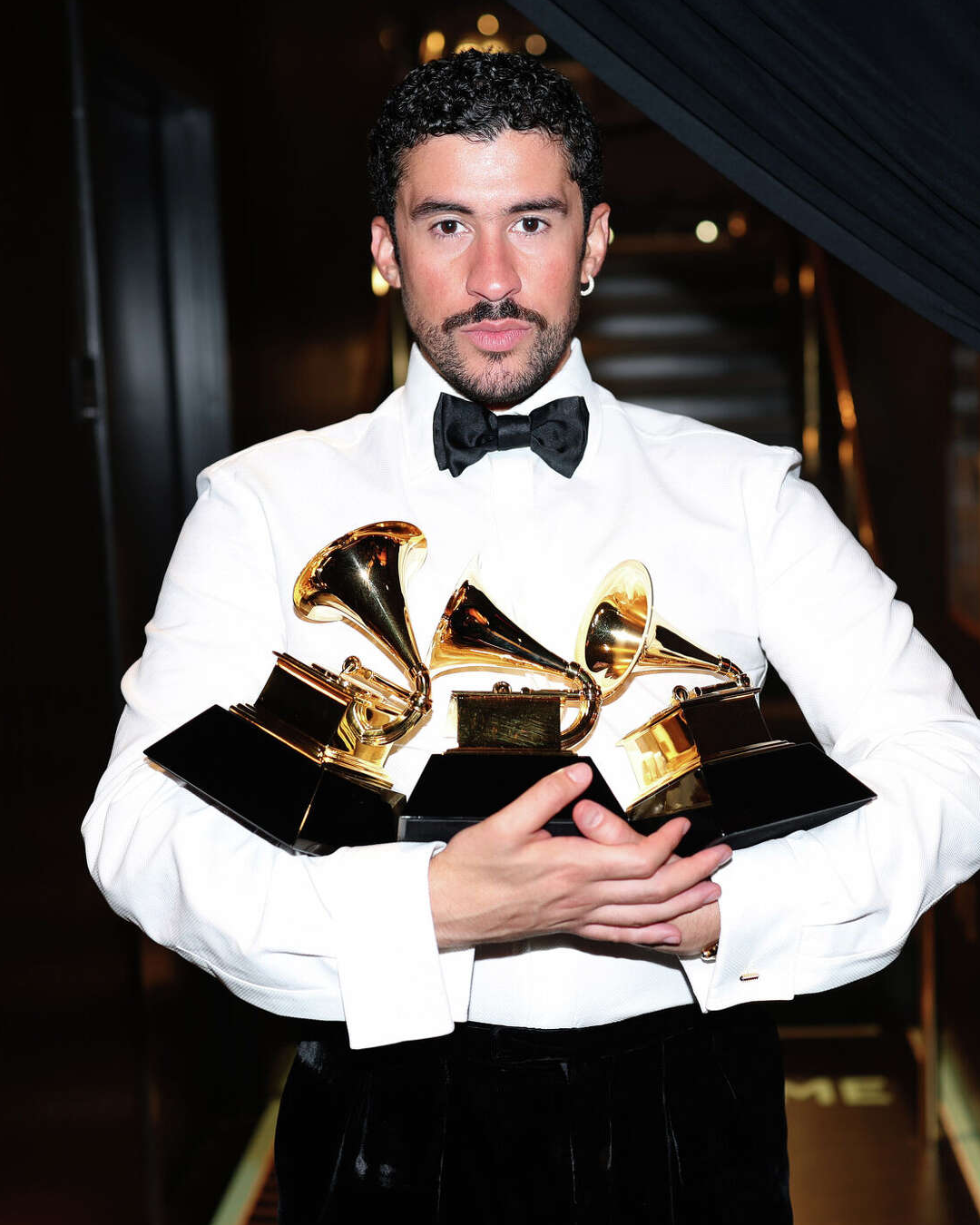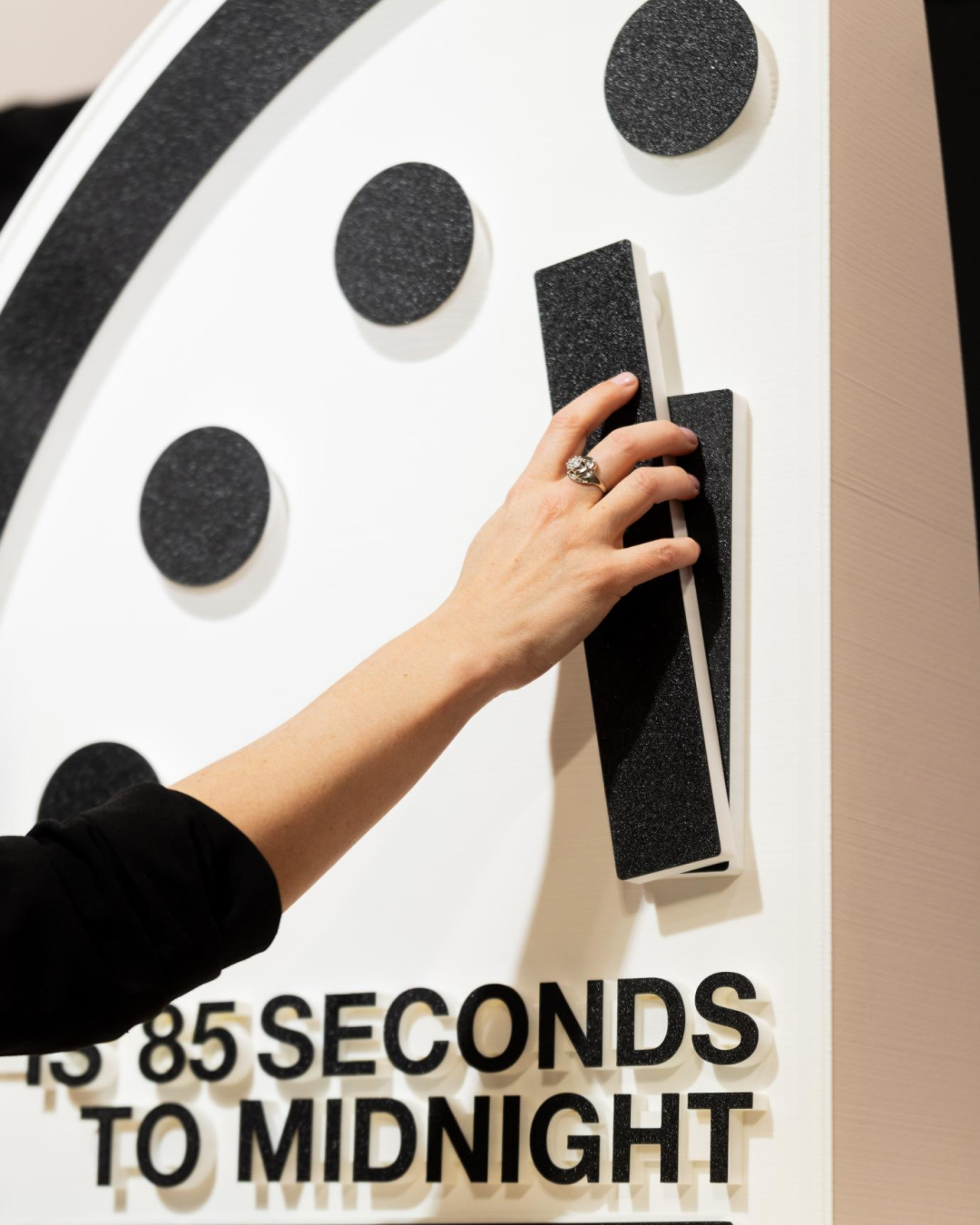
Is Beyoncé Trump's newest enemy? But also Oprah, Bruce Springsteen and all the celebrities who endorsed Kamala Harris's campaign
It feels like a lifetime has passed since last November 5, when the entire American population went to the polls to decide whether Donald Trump or Kamala Harris would become the 47th President of the United States. Since Inauguration Day in January, the world has been reminded daily, often unintentionally, that Trump was the chosen one. Time Magazine described the early months of his second term as «among the most destabilizing in American history.» Between trade wars with nearly every country on Earth (including, bizarrely, penguins), Elon Musk officially part of the government, and the death of inclusion as a value, Trump’s biggest concern appears to be none other than Beyoncé. And not just her — the latest target in his retribution campaign is clear: the American entertainment industry (following his attack on Hollywood). In a series of fiery posts on Truth Social, Trump announced plans to launch a «federal investigation» into Bruce Springsteen, Beyoncé, Oprah Winfrey, and Bono, accusing them of receiving unlawful payments from Kamala Harris in exchange for their political endorsements, disguised as «entertainment performances.»
«How much did Kamala Harris pay Bruce Springsteen for his weak performance?» the President shouted (digitally), claiming that Harris had violated campaign finance laws by disguising political support as artistic performances. According to Trump, Beyoncé was paid $11 million to appear on stage in Houston, endorse Kamala, and walk off without singing a single song — a claim that, according to official sources and Beyoncé’s mother, is entirely false. The New York Times reports that Federal Election Commission records show a payment of $165,000 from Harris's campaign to Beyoncé’s company for event production — an amount in line with standard costs for a high-profile event. Similarly, Oprah Winfrey received $1 million through her production company for a town hall in Detroit. Bruce Springsteen, who recently criticized Trump during a concert in Manchester by calling his administration «a narcissistic farce», was added to the presidential blacklist after performing at a campaign rally in Atlanta — even though no records currently show any payments from Harris. As for Bono, the accusation seems even more far-fetched: the U2 frontman did not attend any events with Kamala Harris nor did he publicly endorse her, although he is known for his friendship with former President Joe Biden.
“Can you do something to lower prices?”
— Keith (@nagy_minaj) May 19, 2025
Trump: “Yeah I can call Taylor Swift ugly”
“No no like grocery prices”
Trump: “Investigate Beyoncé? You got it” pic.twitter.com/iihBdHfQvC
And yet, amid this flood of accusations, Elon Musk’s lottery-style giveaway — launched during Trump’s campaign — has gone virtually unmentioned. The initiative, rolled out in key swing states, was framed as a petition in defense of free speech and the constitutional right to bear arms. In exchange for signing, participants were automatically entered into a $1 million-a-day lottery, with a new winner drawn daily through November 5. Behind the patriotic framing, however, the campaign functioned as a sophisticated data-harvesting tool: every signatory was added to the voter registry and fed into a direct messaging network, used for pro-Trump promotional outreach. Technically speaking, the operation skates dangerously close to unconstitutionality, especially by the same standards the President uses to attack Harris and the entertainment world. In recent months, a lawsuit was filed in Texas by voters accusing Musk of fraud and deceptive trade practices, arguing that the lottery was in fact an illegal scheme to generate political support. According to Reuters, plaintiffs claim that Musk, via his America PAC, falsely promised cash prizes drawn at random, misleading thousands of voters into signing the petition. Musk has denied all allegations, asserting that participants were clearly informed that this was not a sweepstakes, but rather a selection process to identify potential spokespeople for the committee. In such a chaotic climate, Trump’s allegations — lacking legal foundation and based on unverified speculation — fit into a broader narrative: that of a presidency constantly searching for real or imagined enemies. First it was Taylor Swift, now Beyoncé. Who’s next? Rihanna?














































